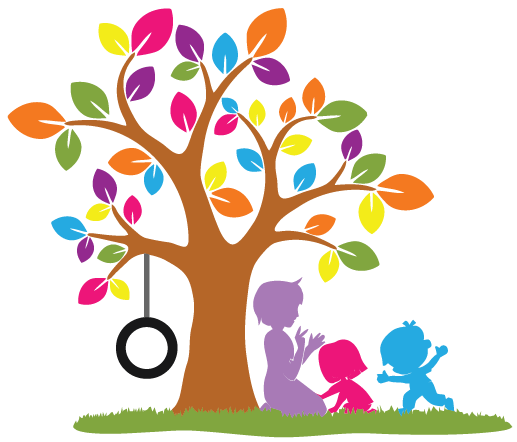Purposeful Play
We’ve all been there, right? We drop our precious little one off to daycare where she squirms to free herself from that one last hug. As parents, we want that last hug to carry us through the day. We need that last hug. And while bittersweet, it’s a relief that she no longer cries and death-grips your legs at drop off. There aren’t any pleas to stay home with you or for “one more hug.” Instead, you watch her rush over to join her sweet friends at the play kitchen, while of course using her “walking feet.” She knows the rules, she knows the routine and she has already determined that her favorite “center” is dramatic play. Your girl loves to cook at the play kitchen, rock baby dolls to sleep in cradles, and makes you proud with her hostess skills when it comes to tea parties. And in contrast, she engineers the tallest most complex structure from blocks that makes you certain you’re raising a future architect. And the sensory play, oh, the beloved sensory play. From Moon sand to rainbow rice, your child loves it all. The sticky, the wet, the grainy. But is she learning?
At almost 4 years old, you know that the next year will fly by and you’re staring down the barrel toward kindergarten. Will she be ready? Will she have gained the skills needed to flourish in Primary school? Sure, she can sing her ABC’s, knows her letters, colors, and count to 20. But is she “really” ready? The short answer is yes. Research suggests that children learn through play. Jean Piaget said, “Play is the work of childhood.” Through play, children learn how to create relationships and understand the world around them. They learn language and literacy. Children who can direct their own learning through play will grow into curious and engaged lifelong learners. They are learning critical thinking and social competency. They can face challenges and create solutions. Play is vital in the development of children.
Any experienced and educated childcare provider or preschool teacher knows these things. She is patient, creative and dedicated to her students and lesson planning. She carefully constructs play areas that provide the best flow and are engaging. The thoughtfully planned curriculum such as circle time, art, sensory play, and STEM play provides the foundation for children to learn the skills needed to thrive in Kindergarten. Childcare acts as a steppingstone, a rite of passage to learning. Psychologists agree that beginning as early as 4 months, children learn language and socialization at rapid speed.
So long as children are playing, engaging, and taking part of a robust preschool curriculum, they are learning and becoming prepared for the next level of their education. So, rest assured, you’ve ensured your child’s access to all the necessary tool that will provide kindergarten readiness. Well done, parents. Well done.
